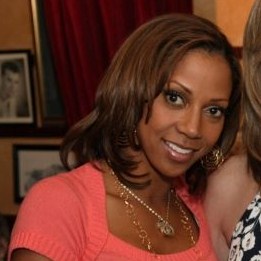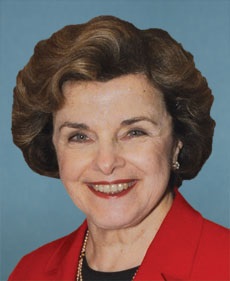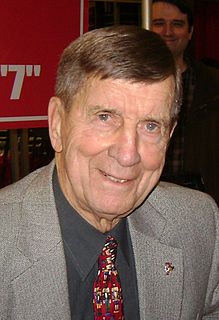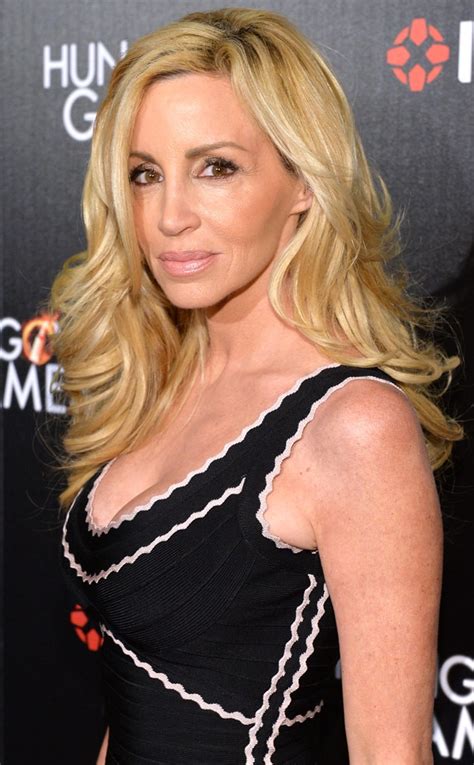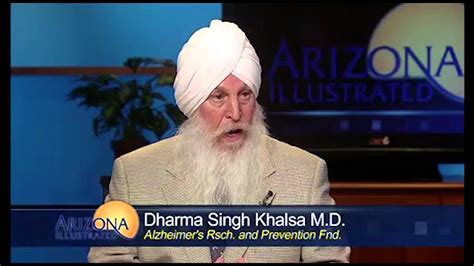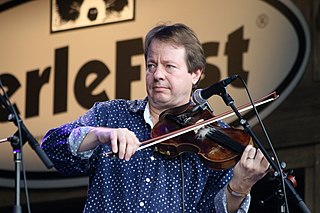A Quote by Holly Robinson Peete
I'm not a doctor or scientist. I'm just a mom. But I do think there's a genetic predisposition, and there are environmental triggers. I feel like that combination, in my child's case, is what resulted in autism.
Quote Topics
Related Quotes
The thing is, autism is all different, you know, variables. And you start out with a certain amount of, you know, the point where the differences in the brain are going to just be a personality variant and, like, for very mild Asperger's. But you get into more severe kinds of autism where there's obvious speech delay, obvious abnormal behavior in a two and three-year-old child, you know, the initial neurology is different from case to case. But all children with autism are going to do better if they get really good educational intervention.
It was the combination of many factors... With most people, suicide is like Russian roulette. Only one chamber has a bullet. With the Lisbon girls, the gun was loaded. A bullet for family abuse. A bullet for genetic predisposition. A bullet for historical malaise. A bullet for inevitable momentum. The other two bullets are impossible to name, but that doesn't mean the chambers were empty.
I think one of the problems with the definition of autism is we keep expanding it. It started as "early infantile autism", and then it became "autism", and now it's "autism spectrum disorder". I'm not opposed to that from the standpoint of trying to broaden our vistas, and so forth. But from a research point of view, the term autism is lost in specificity.
I think that if I could do any sort of research of autism that I wanted to do, at this point I would take a sample of classic, early infantile autism persons and compare them with what I call "classic late onset autism", individuals. I think we will find that the cause of those youngsters with autism who have autism from birth is probably different than those who have late onset autism.
